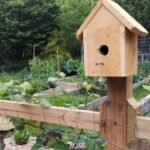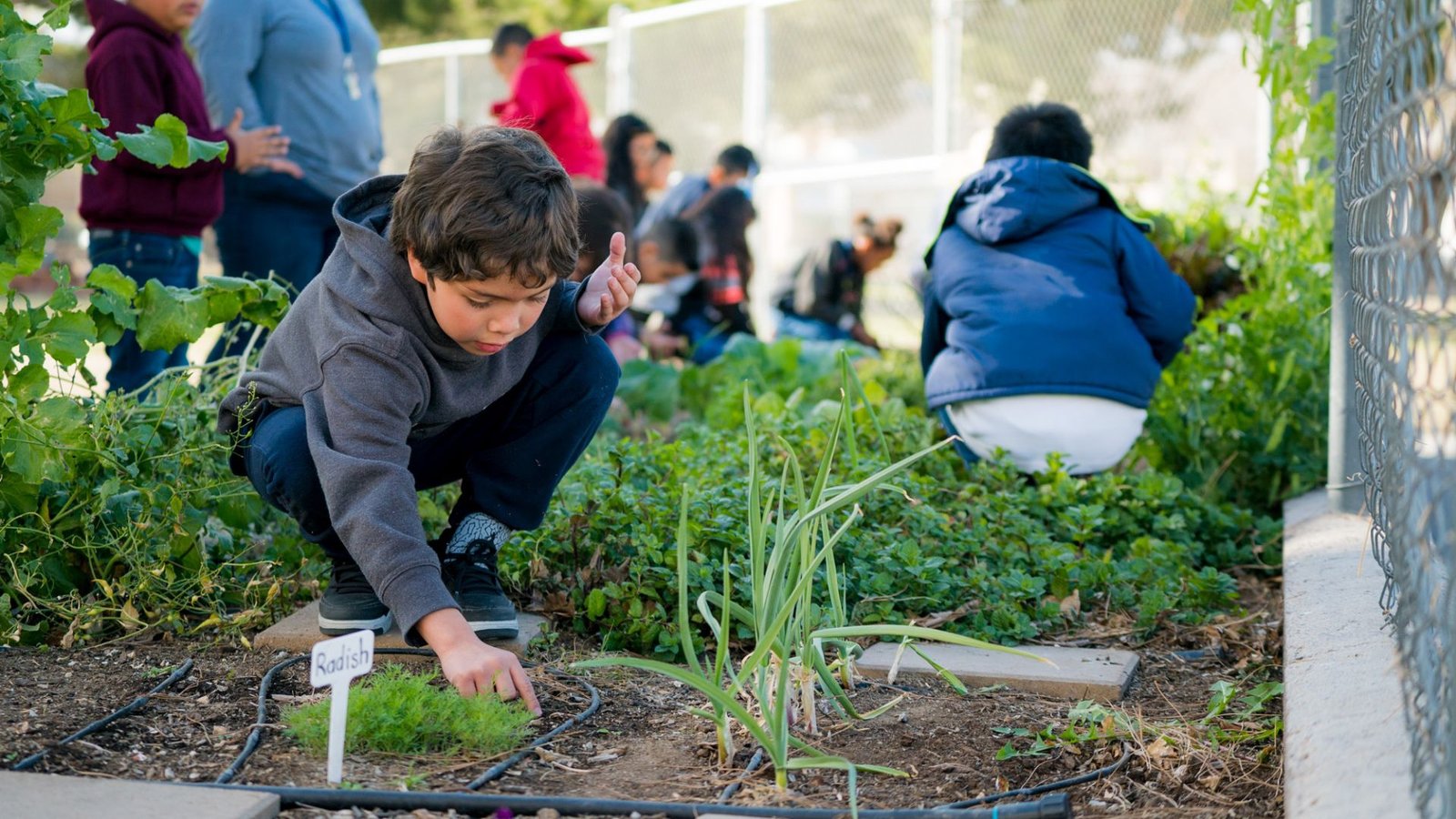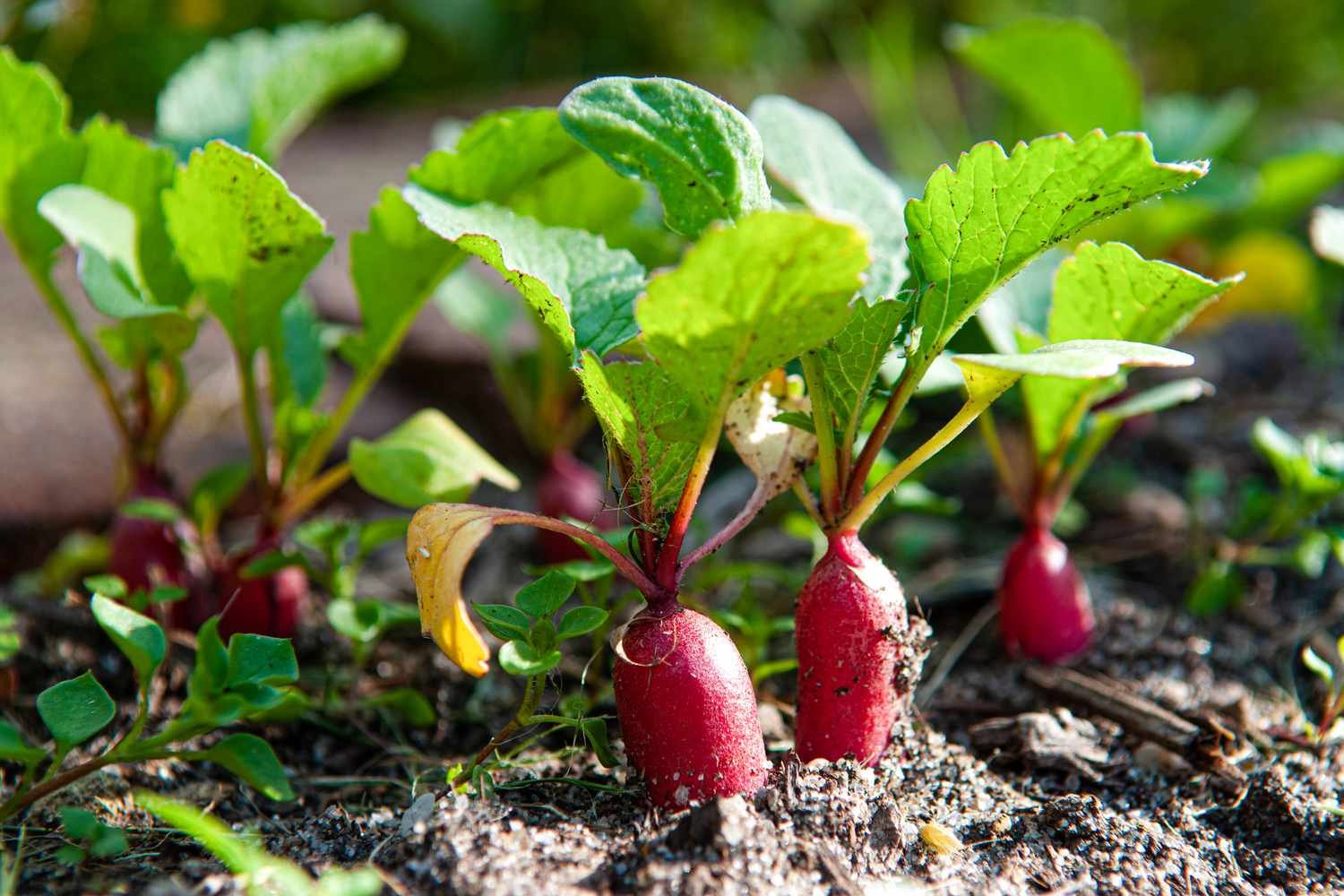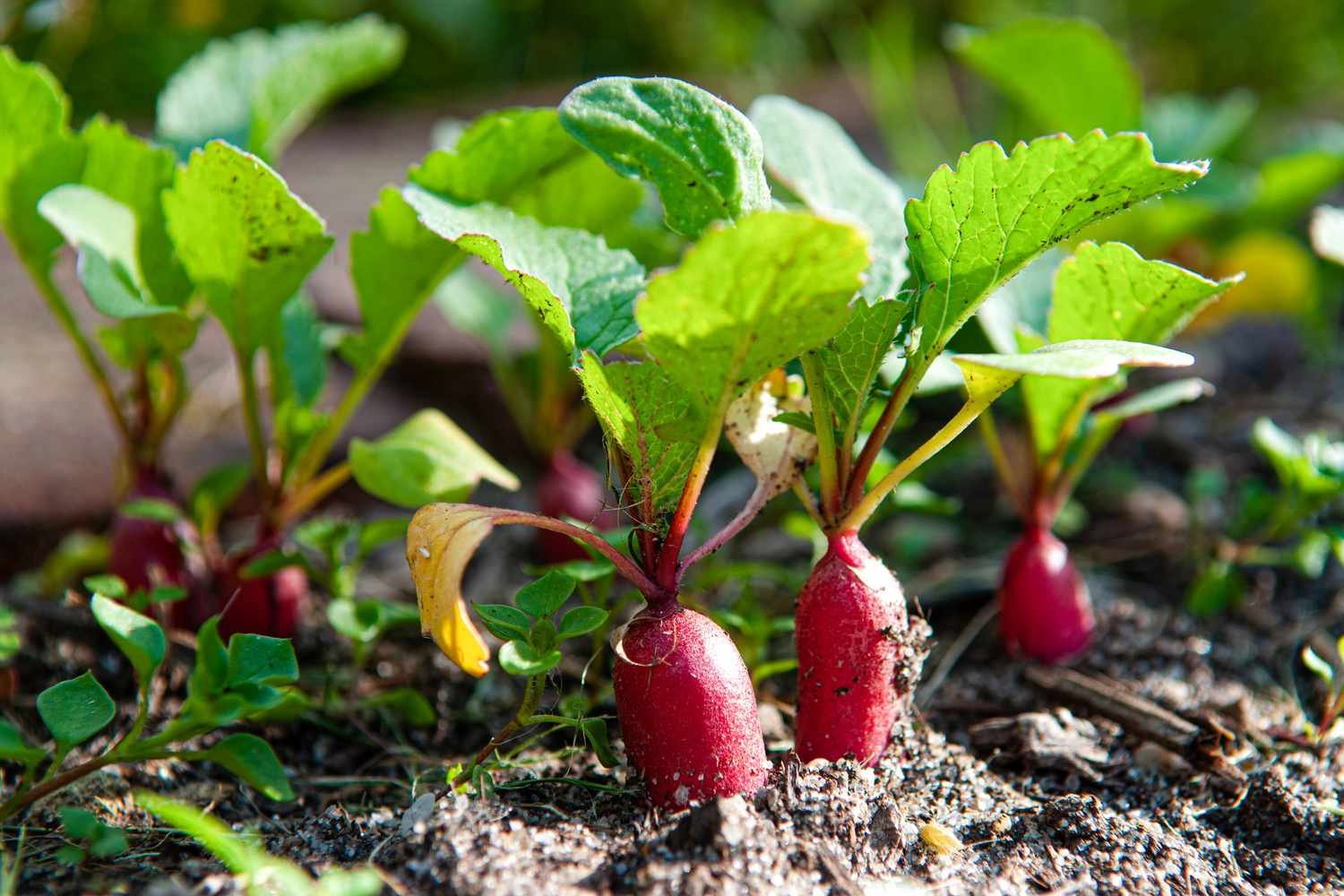Gardening in schools offers a multitude of benefits for students, teachers, and the broader community. It provides hands-on learning opportunities, enhances environmental awareness, and promotes physical and mental well-being. Here’s a detailed look at the various advantages of incorporating gardening into the school curriculum and how it can positively impact everyone involved.

Hands-On Learning
Gardening provides a practical, hands-on learning experience that complements classroom instruction. Students can learn about biology, chemistry, and ecology through direct interaction with plants and soil. This experiential learning helps reinforce scientific concepts and makes education more engaging and enjoyable.
Environmental Awareness
Gardening teaches students about the importance of the environment and the role plants play in ecosystems. By growing their own plants, students develop a deeper appreciation for nature and the need for sustainable practices. This awareness can lead to more environmentally conscious behaviors and attitudes.
Healthy Eating Habits
Gardening encourages healthy eating habits by exposing students to fresh fruits and vegetables. When students grow their own produce, they are more likely to try new foods and develop a preference for healthy options. This can help combat childhood obesity and promote lifelong healthy eating habits.
Physical Activity
Gardening is a great way to promote physical activity among students. Tasks such as digging, planting, weeding, and watering involve physical exertion that helps improve strength, coordination, and overall fitness. Regular physical activity is essential for maintaining a healthy body and mind.
Mental Well-Being
Spending time in a garden has been shown to reduce stress and anxiety. The calming effect of nature and the sense of accomplishment from nurturing plants can boost students’ mental well-being. Gardening can also provide a peaceful space for reflection and relaxation, enhancing overall emotional health.
Social Skills and Teamwork
Gardening projects often require collaboration, teaching students important social skills and teamwork. Working together to plan, plant, and maintain a garden fosters a sense of community and cooperation. These experiences help students develop communication skills and learn the value of working collectively towards a common goal.
Responsibility and Patience
Gardening teaches students responsibility as they must regularly care for their plants. It also cultivates patience, as students learn that plants take time to grow and require consistent care. These lessons in responsibility and patience are valuable life skills that extend beyond the garden.
Academic Improvement
Studies have shown that students who participate in gardening programs often see improvements in their academic performance. The hands-on nature of gardening helps enhance critical thinking, problem-solving, and observational skills. Additionally, the practical application of academic subjects in the garden setting can make learning more meaningful and effective.
Community Engagement
School gardens can serve as a hub for community engagement. Parents, teachers, and local volunteers can get involved, creating a sense of shared purpose and community spirit. This involvement can also lead to stronger relationships between the school and the surrounding community.
Lifelong Skills
Gardening equips students with lifelong skills that they can carry into adulthood. Understanding how to grow food, care for plants, and maintain a garden are practical skills that promote self-sufficiency and sustainability. These skills can be valuable for personal well-being and environmental stewardship.
Conclusion
Gardening in schools offers a wealth of benefits that extend far beyond the garden itself. It enhances learning, promotes healthy lifestyles, improves physical and mental well-being, and fosters social and environmental responsibility. By integrating gardening into the school curriculum, we can cultivate a generation of knowledgeable, healthy, and environmentally conscious individuals. Encourage your school to start a gardening program today and watch the students flourish. Happy gardening!











